How AI-Based Precision Farming is Changing Agriculture
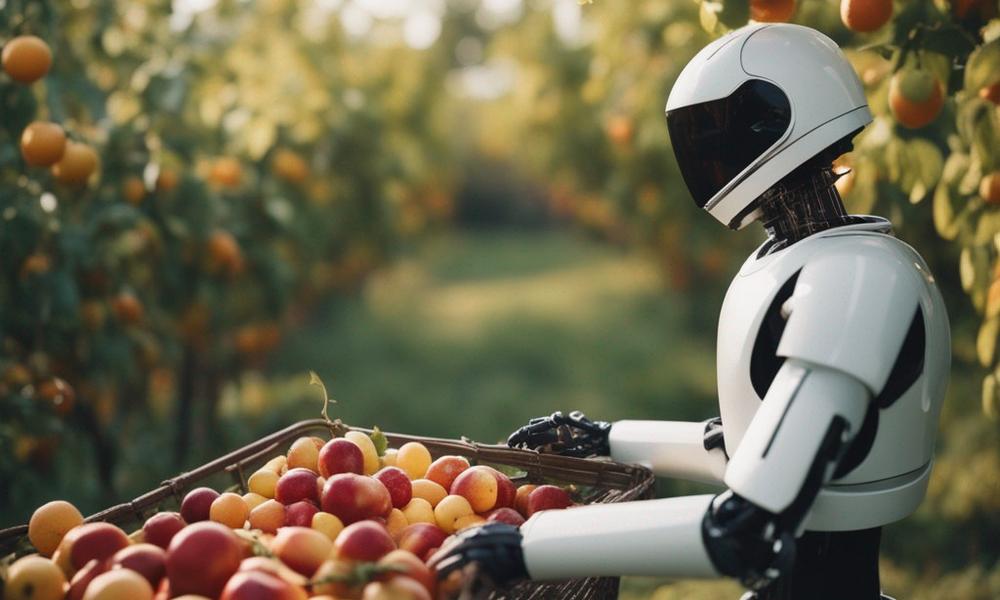
The world of agriculture is witnessing a progressive turn with the advent of AI-based precision farming. This cutting-edge technology is revolutionizing farming practices by integrating artificial intelligence (AI) methodologies and real-time data to boost productivity and reduce environmental impact. In precision agriculture, AI-enabled equipment, like drones and autonomous tractors, are utilized to achieve optimal crop health and yield. For instance, AI-based imaging from satellites or drones can identify variations in soil health across vast farmlands and predict crop yields with impressive accuracy. Furthermore, machine learning algorithms can analyze data from soil sensors and weather forecasts to deliver valuable insights, enabling farmers to plan their operations effectively. Consider the Canadian company, Precision.ai, which developed AI-powered drones that accurately target and spray weeds, reducing herbicide usage by up to 95%. Therefore, harnessing AI-based precision farming methods offers promising solutions to the pressing challenges of modern agriculture while ensuring sustainable farming operations.
Benefits of Precision Farming
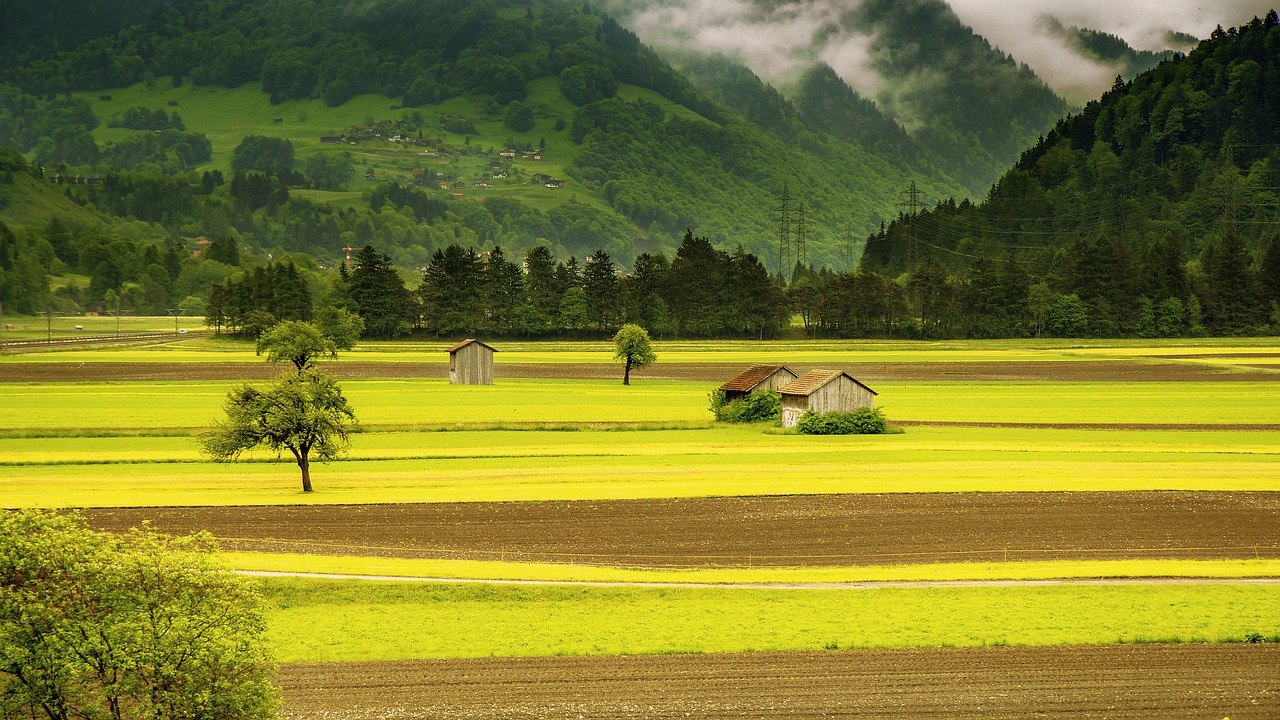
Leveraging the cutting-edge capabilities of AI-based precision farming dramatically enhances the efficiency and productivity of agricultural activities. With this advanced technology, various farming operations such as sowing, irrigation, fertilizing, and harvesting are done more effectively, with exactitude and reduced waste. For instance, drones equipped with artificial intelligence can perform tasks like monitoring crop health, identifying pest invasions or nutrient deficiencies, and applying fertilizers or pesticides with incredible accuracy. This is not the only improvement — smart machine learning algorithms can learn from historical data and real-time weather updates to predict crop yields or ideal harvesting times more accurately. The intro of AI-based precision farming also fosters sustainable agriculture. By precisely applying resources only where needed, it minimizes surplus usage of water and chemicals, thereby preventing adverse environmental impacts. Farmers are also able to cut operational costs and increase profitability due to reductions in resource waste and labor expenses. Through these tangible benefits, AI-based precision farming is revolutionizing the agricultural sector, and it’s easy to see the profound global implications of this transformative technology.
Case Studies of AI in Farming
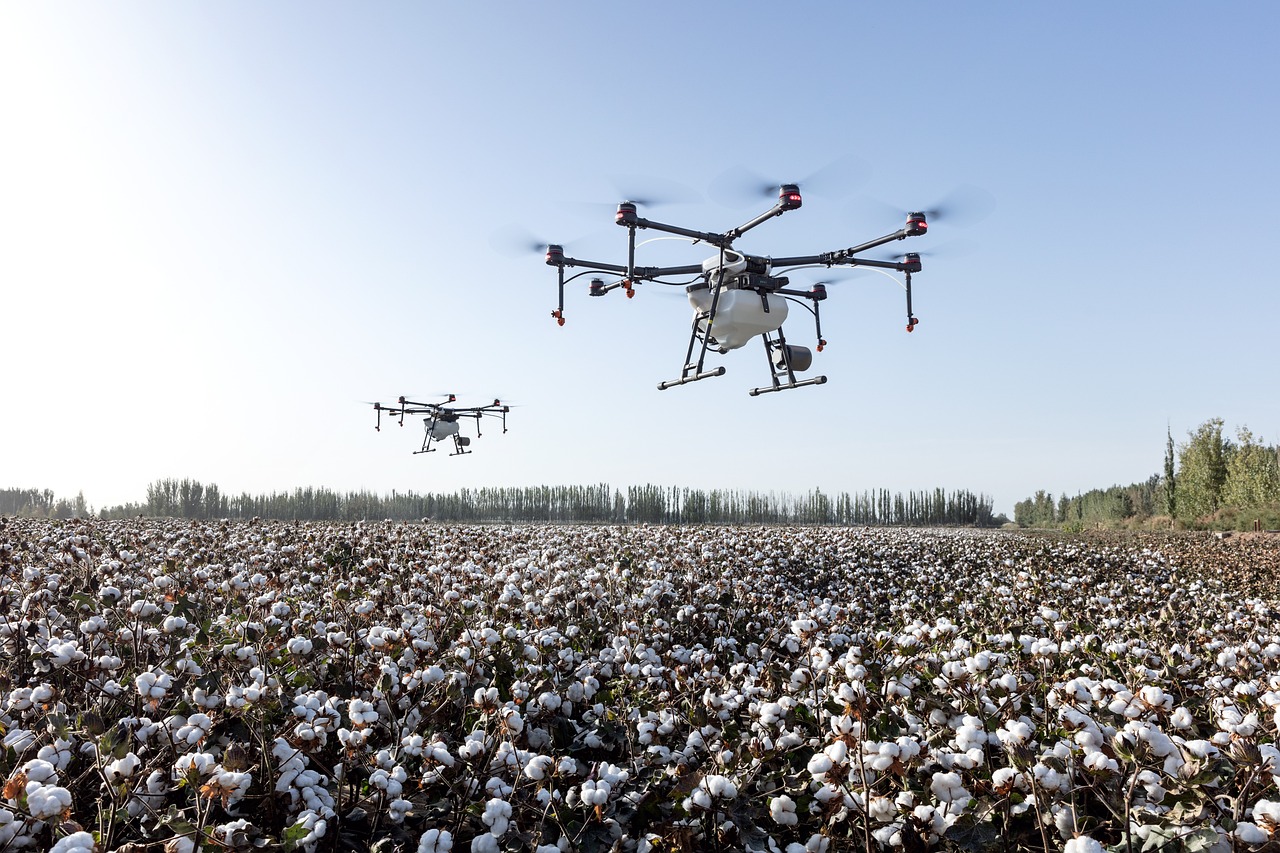
In ai-based precision farming, remarkable advances are reshaping the sector's landscape. From image recognition apps identifying potential diseases on crops to drones monitoring plant health with luminance sensors, AI plays a pivotal role. For instance, Blue River Technology's AI implemented on John Deere's machinery can identify and kill weeds, enhancing crop health and yield. Similarly, Arable Labs uses environmental data collected from low-cost sensors and satellite imagery, processed through AI, to predict crop health and productivity. Moreover, in California, The Vineyard Team deployed a deep learning model to evaluate vineyard water stress, optimizing irrigation in the process. Then there's FarmWise's AI-powered robotic weeders, which use machine learning to distinguish between crops and weeds, reducing the need for toxic herbicides. In livestock farming, companies like Connecterra utilize AI to monitor animals' health, leading to improved herd management. This has resulted in increased milk production and reduced antibiotic usage. These various applications demonstrate how ai-based precision farming holds immense potential to change agriculture, contributing to scalability, sustainability, and economic efficiency.
Challenges in AI-Based Farming

Despite the benefits of AI-based precision farming, there are a few challenges that farmers and agriculturalists must navigate. Firstly, the high cost of implementing advanced AI technologies disincentives many small to medium-sized farms from transitioning away from traditional agricultural practices. Take the AI-powered drones for instance; despite bringing remarkable benefits in terms of crop monitoring and precise pesticide application, the upfront cost plus the subsequent maintenance expenses often deter their application. Secondly, there's the issue of data privacy. As AI-based precision farming harnesses substantial volumes of data including but not limited to soil composition, crop health, weather patterns, and farm management activities, data security becomes paramount, especially in regions without stringent data protection frameworks. Lastly, the lack of digital literacy among farming communities in certain regions poses additional barriers. Translating technological jargon into digestible information and stepping up training in AI and digital farming techniques is essentially required to overcome this challenge. Therefore, while AI-based precision farming offers revolutionary potential, its widespread adoption is still hindered by financial, privacy, and educational challenges.
AI's Impact on Agri-Business
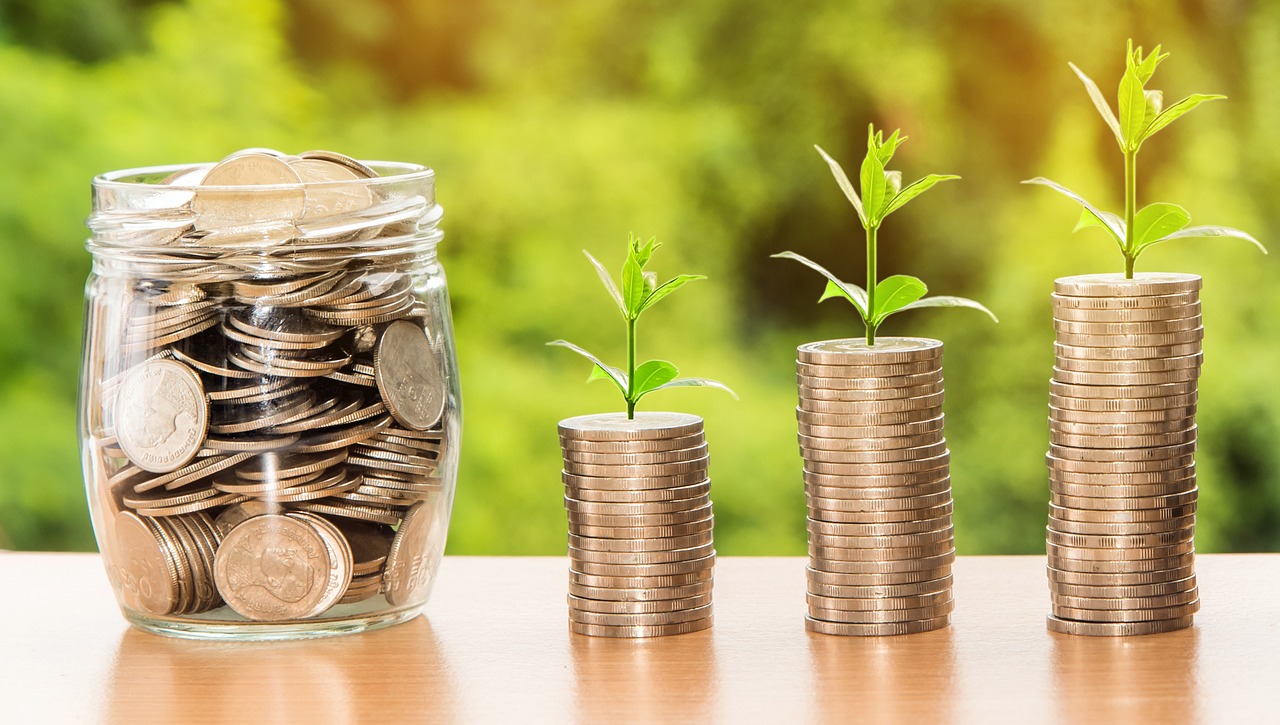
AI-based precision farming is revolutionizing modern agriculture, paving the way for smart agri-business practices. Through this innovative technology, farmers have access to data-driven insights, enabling them to make informed decisions about when, how, and where to farm. For example, AI algorithms process information from IoT devices, satellite imagery, and weather data to accurately predict the most opportune times for planting and harvesting crops. Further, it determines the precise amount of fertilizers or water needed for different areas of the farm, thus optimizing resource usage. This high level of precision reduces waste, making operations more cost-effective and environmentally friendly. Moreover, AI-based precision farming includes pest and disease detection systems. By scanning digital images of crops, these systems can identify potential issues before they become detrimental, allowing farmers to take preventative measures early. Driven by the potential of AI, companies like John Deere and Blue River Technology are manufacturing intelligent machines capable of automated planting, weeding, and harvesting, minimizing the need for manual labor. Consequently, the widespread integration of AI into farming practices signifies a paradigm shift in agri-business, promoting efficiency, sustainability, and profitability.
Conclusion: AI's Agricultural Revolution
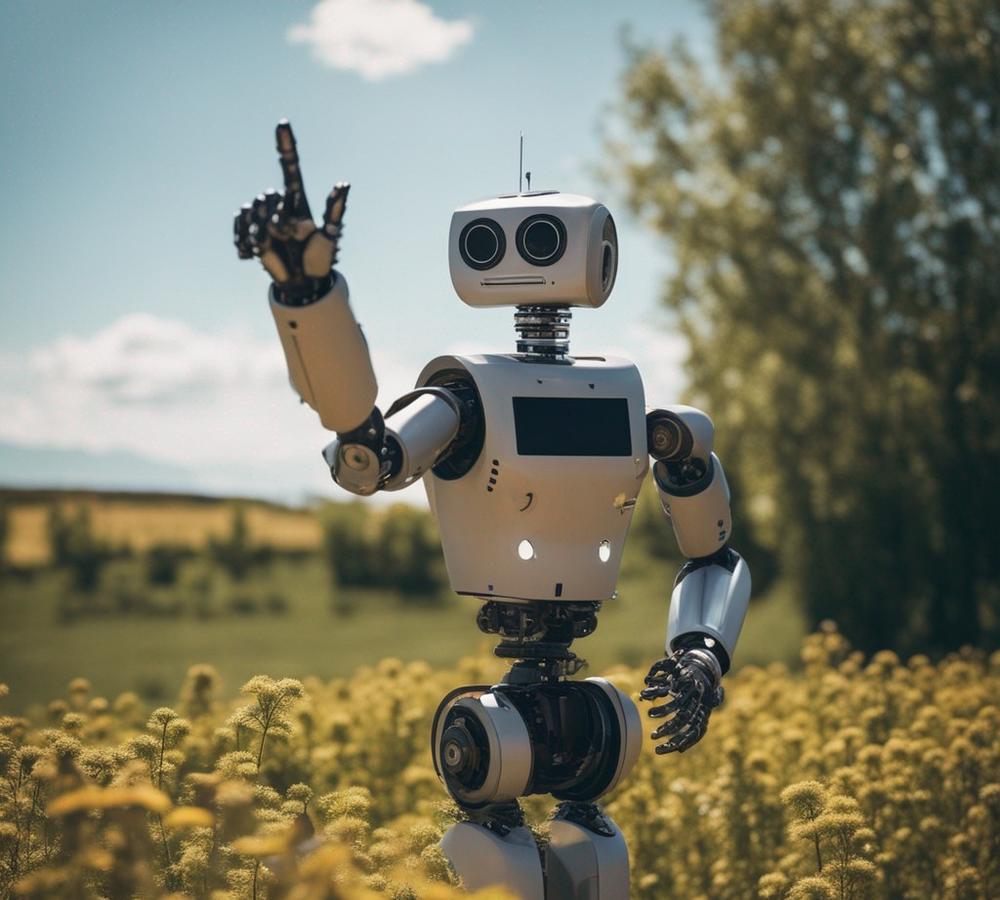
As agriculture continues to evolve, AI-based precision farming is leading the way towards more efficient and sustainable farming practices. Embracing such technology could significantly decrease crop wastage and improve yield quality and volume. Furthermore, AI-led plant recognition software can swiftly detect diseases in crops, enabling early intervention to minimize harvest loss. Overall, these AI-interventions drive efficiency, foster sustainability, and facilitate substantial cost savings. As such, it's clear that AI-based precision farming isn't just the future of agriculture, it's the present driving a quiet but potent revolution in the way our food is grown. As climate conditions continue to fluctuate and the world's population continues to grow, the valuable innovations provided by AI will be pivotal in solving our most pressing agricultural challenges. AI's agricultural revolution is not just a dream for the future, but a path to ensuring a sustainable and reliable food supply for generations to come.
